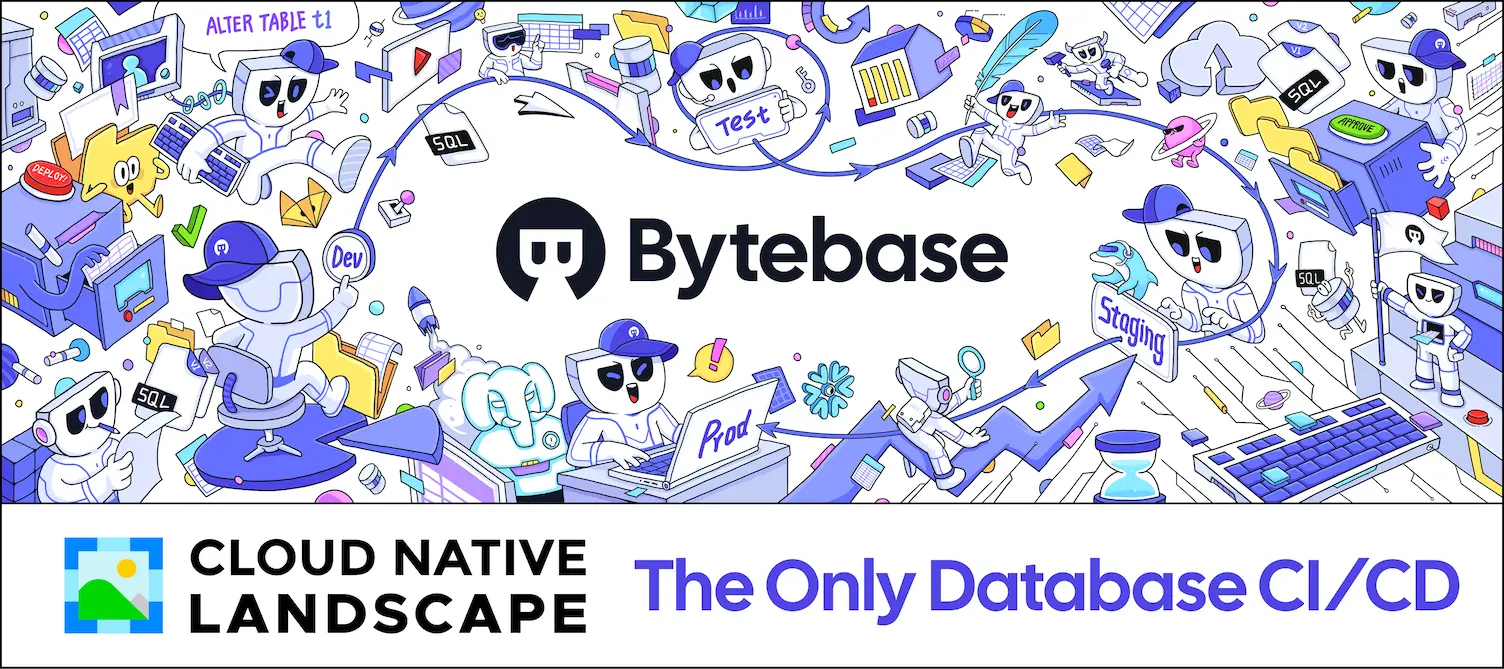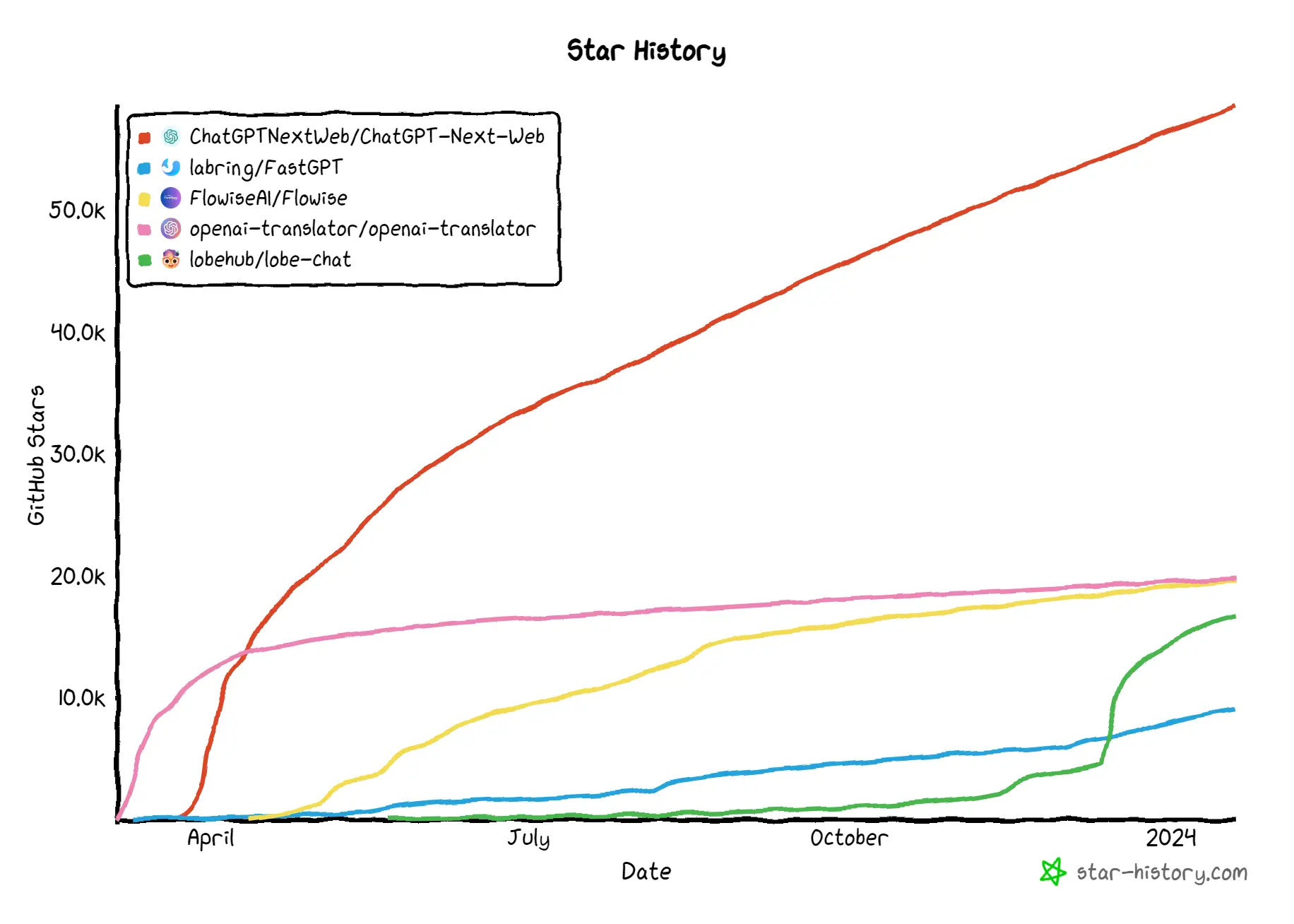
Star History Monthly Dec 2023 | Open-source GPT Wrappers
GPT wrapper tools offer a service by "wrapping" around ChatGPT API, leveraging the underlying technology to provide an additional functionality not offered directly by OpenAI. What these tools have in common is:
- An easy-to-use UI.
- Comes with pre-trained models and prompts.
- Novice users can use them.
- You can use your own OpenAI API key, so you pay for exactly what you use.
With ChatGPT, all you need is the million dollar idea to get started.
For this issue of Star History monthly, we have located a set of open-source ChatGPT wrapper tools.
ChatGPT-Next-Web
ChatGPT-Next-Web is a cross-platform UI for ChatGPT (or Gemini), available as a web app or as a compact client on Linux, Windows and MacOS. You can also deploy ChatGPT-Next-Web on Vercel in just a minute.
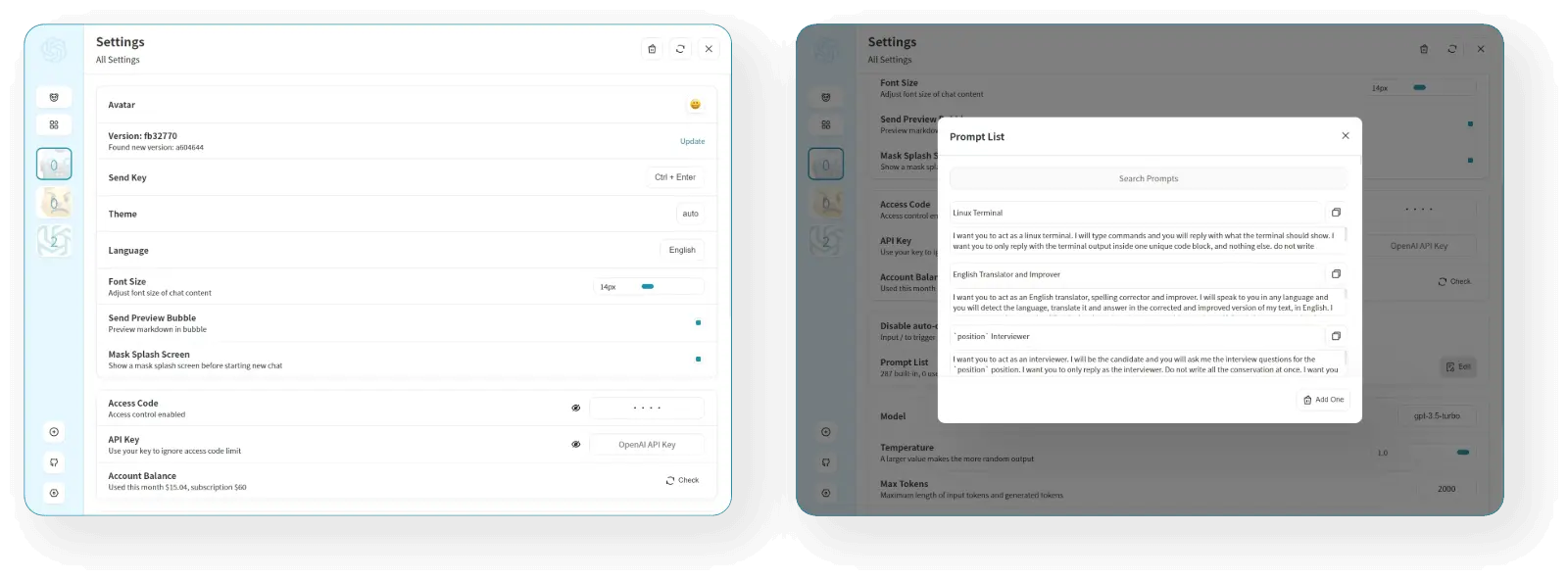
Aside from the built-in prompts powered by awesome-chatgpt-prompts (Are you an ETH dev, a financial analyst, or a personal trainer today?), you can also create, share and debug your chat tools with prompt templates.
FastGPT
FastGPT is a knowledge-based QA system built on the LLM, offers out-of-the-box data processing and model invocation capabilities, allows for workflow orchestration. Basically, you can use FastGPT to build your own AI knowledge base.
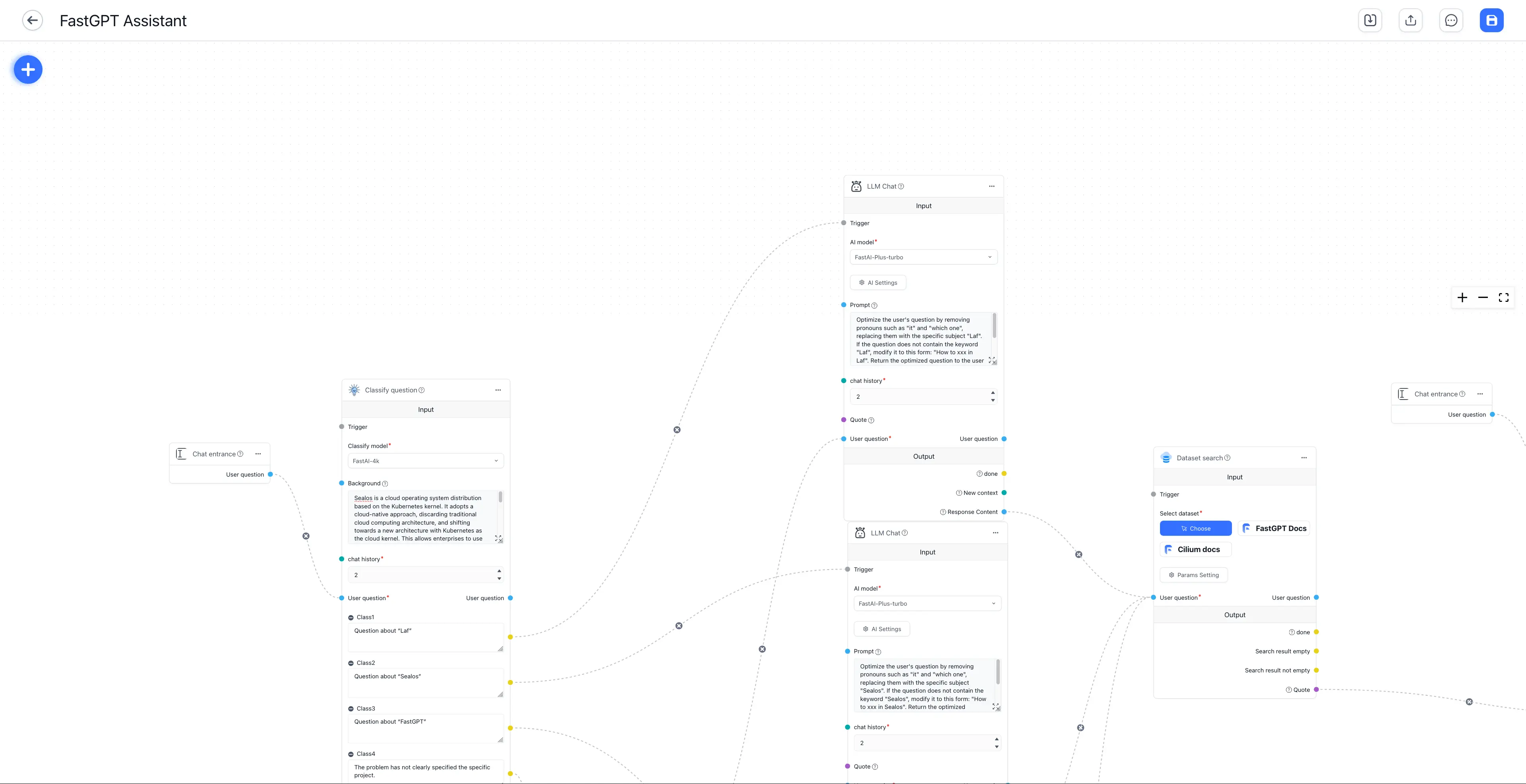
For example, feed all your docs to FastGPT, and it will organize and group them. When you later ask FastGPT relevant questions, it can directly locate the information in its brain.
OpenAI Translator
OpenAI Translator is a browser extension or a cross-platform desktop app for translation based on ChatGPT API.
It started out as a Chrome extension, and has now evolved into a multi-platform desktop app.
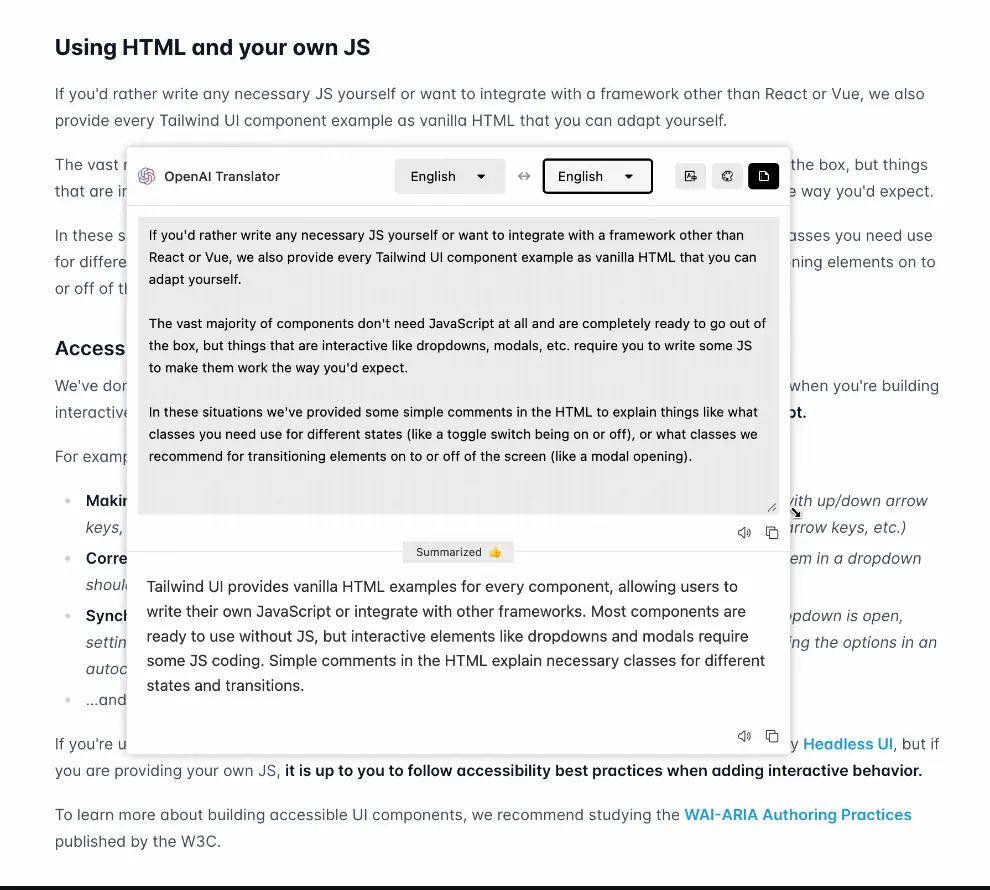
As an OpenAI Translator user, it stands out as a GPT wrapper in three ways:
- The three different models that it offers: translation, polishing and summarization. It's way more than just a translation tool, but a two-in-one. Have it summarize your readings next time.
- Chrome extension: need I say more?
Flowise
Flowise provides a drag & drop UI to build your customized LLM flow.
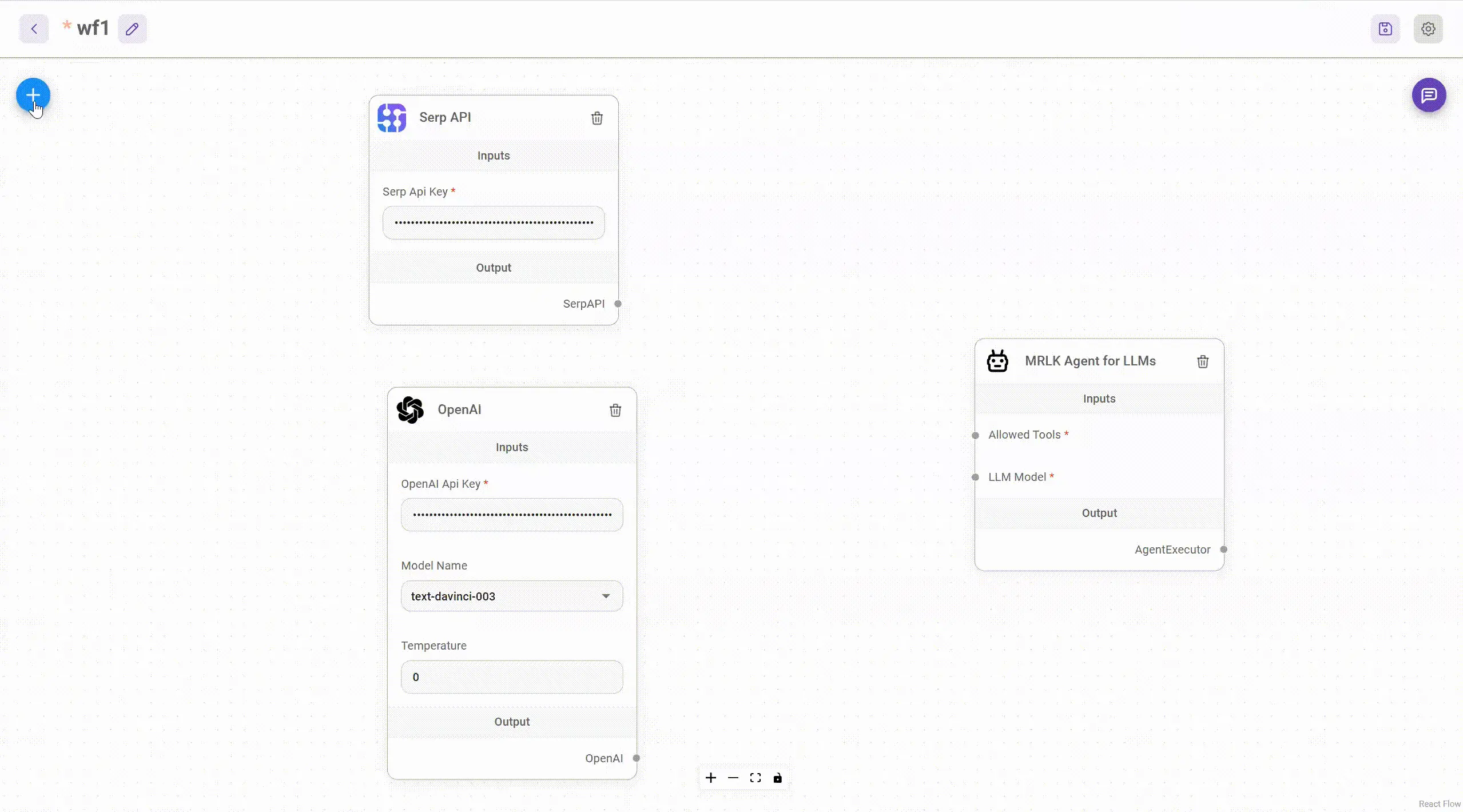
It is a low-code UI tool for LangChain JS, written in Node Typescript, which aims to provide a seamless platform for easy experimentation flow and prototype design. With Flowise, you can:
- Text file Q&A using conversational retrieval QA chain.
- Language translation using LLM Chain with a Chat Prompt Template and Chat Model.
If you are feeling handy, you can build your own GPT tools with Flowise to replace the previous two tools.
Lobe Chat
Lobe Chat is It's an all-in-one chatbot platform - TTS & STT, vision, plugins, you name it. You can also one-click deploy your private ChatGPT or LLM web app.
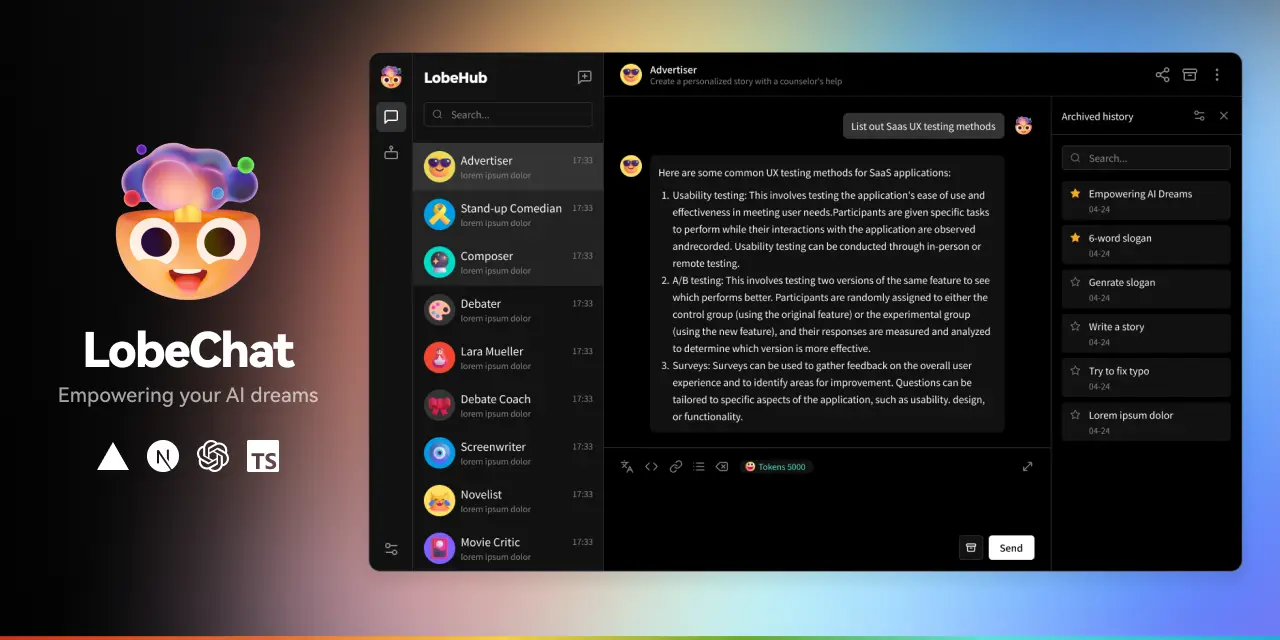
Lobe Chat is designed to help users make better use of OpenAI's capabilities, while also providing a wide range of applicable features. Its plugin ecosystem is a significant extension. For example, WeatherGPT, Ask Your PDF, Search Engine are just some of the plugins it's equipped with.
My Two Cents
Personally, I am still on the side that AI is more of an assistant tool (aka copilot, until now, that is). Its creativity stems from the human brain and what us humans have taught it. It does a great job of saving us from repetitive tasks and improving our work though.
We can learn to master using this tool and make better use of it, tho ;)
Lastly
If you want more AI content, check out earlier editions of the star history open-source monthly:
Bytebase- Database DevSecOps for MySQL, PG, Oracle, SQL Server, Snowflake, ClickHouse, Mongo, Redis
